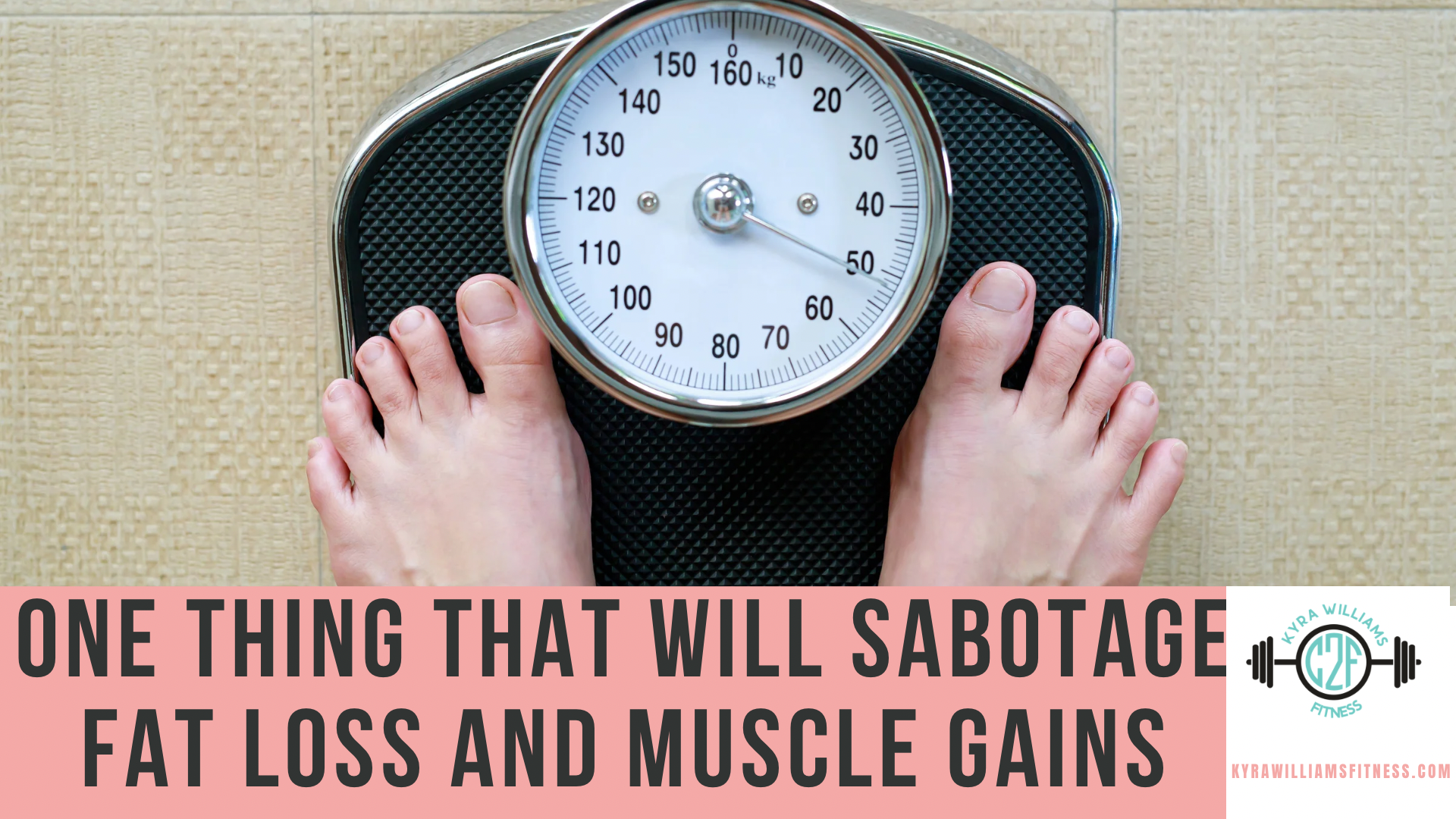One Thing That Will Sabotage Fat Loss and Muscle Gains is lack of sleep. Sleep unlocks your ability to lose fat and build muscle. We are going to dive in deep on what happens when we sleep and how it impacts our ability to change our physiques.
When it comes to fat loss and building muscle, most of us focus on nutrition and exercise. But there’s a vital, often-overlooked factor: sleep. Sleep isn’t just about rest—it’s a metabolic powerhouse that drives recovery, performance, and body composition changes. Let’s break down the stages of sleep, how they impact your brain and body, and the crucial links between sleep, fat loss, and muscle growth.
The Stages of Sleep
Sleep consists of two main phases: non-rapid eye movement (NREM) and rapid eye movement (REM) sleep. These alternate in 90-minute cycles throughout the night, and each stage plays a specific role in recovery and repair.
1. Stage 1 (Light Sleep)
- What happens: This is the transition between being awake and asleep, lasting only a few minutes. During this stage, your heart rate slows, your muscles relax, and your brain waves begin to shift.
- Why it matters: It’s the gateway to deeper, more restorative sleep.
2. Stage 2 (Light to Moderate Sleep)
- What happens: Your body temperature decreases, and brain activity slows with bursts of rapid activity called sleep spindles.
- Why it matters: This stage is critical for memory processing, which also aids in learning new skills, such as movement patterns in strength training.
3. Stage 3 (Deep Sleep)
- What happens: Known as “slow-wave sleep,” this is the most restorative phase. Your body repairs tissue, builds bone and muscle, and strengthens your immune system. Growth hormone is released during this stage.
- Why it matters: Deep sleep is key to muscle recovery and growth. It’s also when fat-burning processes, like energy regulation and cellular repair, peak.
4. REM Sleep
- What happens: This is the dreaming phase. Your brain is highly active, consolidating memories and emotions. Your body remains paralyzed to prevent movement during vivid dreams.
- Why it matters: REM sleep supports cognitive functions and emotional regulation, which are critical for managing stress—a major factor in fat storage.
How Sleep Impacts Fat Loss
Getting enough quality sleep is vital for fat loss. The connection between sleep and weight management lies in your body’s hormones, metabolism, and ability to regulate blood sugar.
1. Hormonal Balance
- Leptin and Ghrelin: Sleep deprivation disrupts these hormones, which control hunger and satiety. When you’re sleep-deprived, ghrelin (the hunger hormone) increases, while leptin (the satiety hormone) decreases. This imbalance can lead to overeating, particularly cravings for calorie-dense, high-carb foods.
- Cortisol: Lack of sleep increases cortisol, your stress hormone. Elevated cortisol levels promote fat storage, especially in the abdominal area.
2. Blood Sugar Regulation
- Sleep is critical for maintaining proper insulin sensitivity. When you don’t get enough rest, your body becomes less responsive to insulin, the hormone that regulates blood sugar levels. This can lead to:
- Higher blood sugar levels: Sleep deprivation reduces your body’s ability to clear glucose from your bloodstream, increasing the risk of fat storage.
- Increased fat storage: Excess blood sugar is converted into fat, particularly in the abdominal region.
- Metabolic slowdown: Poor blood sugar regulation can impair your metabolism, making fat loss more difficult over time.
3. Appetite and Food Choices
Sleep deprivation not only makes you hungrier but also influences what you crave. Studies show that when you’re tired, you’re more likely to choose high-carb, sugary foods for quick energy. This can sabotage your fat-loss goals by creating a calorie surplus and promoting fat storage.
How Sleep Supports Muscle Growth
Muscle building happens during recovery, not in the gym—and sleep is the most critical recovery tool your body has.
1. Growth Hormone Production
- During deep sleep, your body releases growth hormone, which plays a crucial role in muscle repair and growth. Without sufficient sleep, your body’s ability to recover from workouts is compromised, slowing muscle development.
2. Protein Synthesis
- Sleep is when your body focuses on repairing damaged muscle fibers through protein synthesis. Inadequate sleep disrupts this process, leading to prolonged muscle soreness and limited progress in strength or size.
3. Workout Performance
- Sleep deprivation impairs reaction time, coordination, and strength, making it harder to perform at your best during training sessions. Over time, this can lead to suboptimal results in both strength and hypertrophy.
4. Testosterone Levels
- Sleep is essential for regulating testosterone, a hormone critical for muscle growth in both men and women. Poor sleep reduces testosterone levels, hindering muscle-building potential.
The Bigger Picture
When you neglect sleep, you’re not just sacrificing energy—you’re directly impacting your ability to lose fat, build muscle, and recover effectively. Prioritizing quality sleep is as important as hitting your macros and sticking to your workout plan. If your goal is a lean, strong body, it’s time to view sleep as the foundation of your fitness routine.
Want to learn more about optimizing your training, nutrition, and lifestyle for your goals? Visit KyraWilliamsFitness.comfor personalized coaching that fits your needs.
Your Coach,
Kyra
P.S. Want to improve your sleep? Read more here.
Or check out my podcast with sleep coach, Morgan Adams here.
